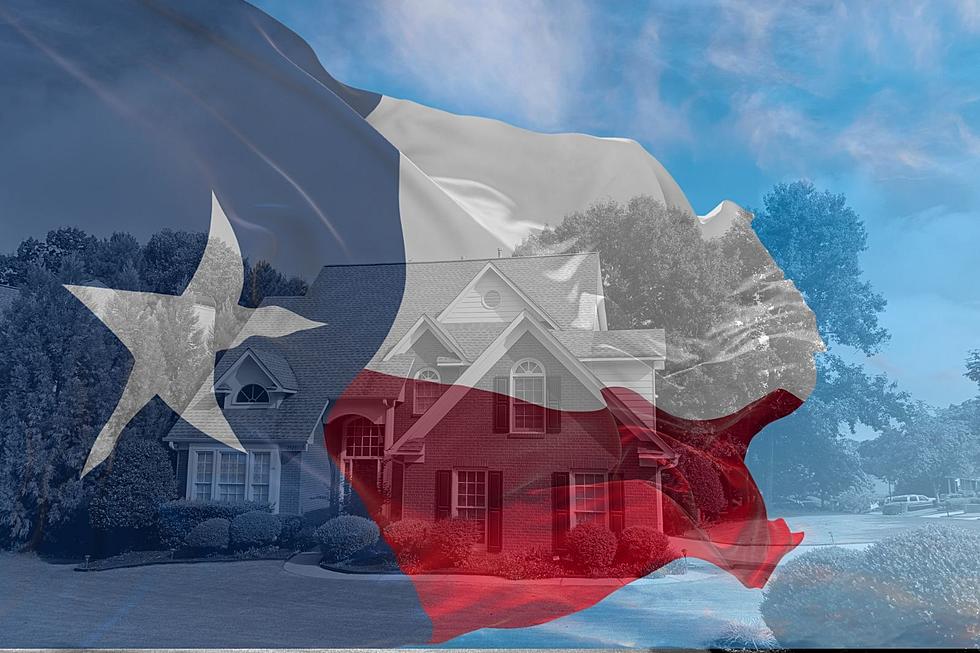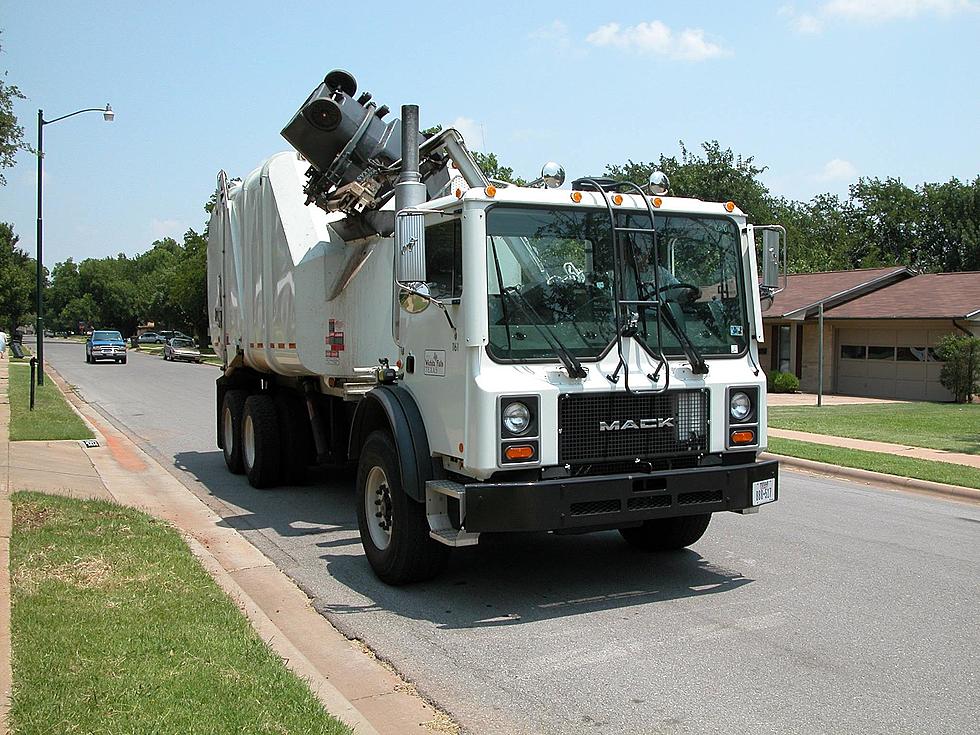
HOT Increase Makes Sense for MPEC, Memorial Projects
Every time we hear the word tax, we cringe, don’t we? But there are some inescapable facts that we have to examine when it comes to taxation and everyday life. First, we (well, many of us) pay taxes to our local government for roads, water lines to deliver clean water to our homes and sewer lines to carry away the not-so-clean water. They collect our garbage two days a week and provide us with police and fire protection. Secondly, few of us today could figure out what to do if the trash didn’t get collected, if the water stopped flowing from the tap and we won’t even get into the sewage issue.. Be honest, would you even begin to know what to do without these services?
I’m far from a fan of higher or additional taxes. So, when I find myself advocating for them on any level, it forces my brain to work double time. Why is this necessary? Is it necessary? Is there another way? Wichita Falls has, like so many other Texas towns, battled internally on the tax issue. Property taxes are how we fund our state. The income tax won't be happening, and the next alternative, higher sales taxes, is decried by business owners as a business killer. So then, what’s the answer?
I’ve advocated for the Fair Tax at the federal level for a long time. It’s a national flat sales tax that eliminates loopholes, deductions, tax brackets, the whole enchilada. It would mean everyone, finally, would have skin in the game. We already collect sales taxes at both the state and local level. We pay for water and sewer services (a self-funded system in Wichita Falls) and along with that garbage collection fees, too. Property taxes are currently the principle funding mechanism in Texas.
In 2018, the city council brought us a list of seven bond items to vote on. The majority of the voters who bothered to show up said no to all but one, a street maintenance proposition to widen Taft Blvd. and finish up the Maplewood extension. Most of the projects on the remaining list of now-dead bond measures can and will be completed (with maybe the exception of the new municipal center), eventually, and some of those projects included upgrades, repairs and enhancements to the MPEC facilities and Memorial Auditorium. Now, the city is proposing an additional tax. It’s being dubbed ‘The Tax You Don’t Pay’. And that is true, you, as a property owner in the city of Wichita Falls would not pay the additional tax.
There’s a little think called HOT, short for Hotel Occupancy Tax. I don’t care what hotel you stay in or where, you pay this or a similar tax. In Texas, you don’t pay a sales tax on your hotel stay, but rather the HOT. The State of Texas collects 6 percent and the city of Wichita Falls 7 percent. There are very specific rules as to how the funds can be used. According to the City of Wichita Falls website:
…the city hotel occupancy tax may be used only to promote tourism and the convention and the hotel industry. Cities also have the option to use this tax for the encouragement, promotion, improvement of the arts and the City of Wichita Falls uses a portion of these taxes to accomplish these goals
Many cities have an overall tax rate of 15 percent; some are at 13 percent (like Wichita Falls). The top limit is 17 percent. What the city is proposing is a voter-approved increase of the city’s portion of the HOT from 7 percent to 9 percent, for an overall HOT of 15 percent. Opponents are arguing it will drive away tourism and business traveler dollars. Be honest, when looking for hotel room in any city, have you ever once passed on a room because of the tax? I’ve never even looked at it. When I book a room anywhere, my biggest concerns are is the hotel in a safe area of town and is the room clean.
The 2 percent HOT increase will be used to take care of some much-needed repairs and upgrades to the MPEC and Memorial Auditorium, such as sound system upgrades, roof repair and replacement, lighting and more. The increase will net the city about $550,000 annually, which will all go towards the $6 million in repairs and improvements, all of which are needed. Taxes are how we fund all of these things and this increase will, at least, not fall on the property owners of Wichita Falls. If someone has a better idea, I’d sincerely love to hear it. The HOT increase is, at this point, the most pragmatic approach.
More From Newstalk 1290









